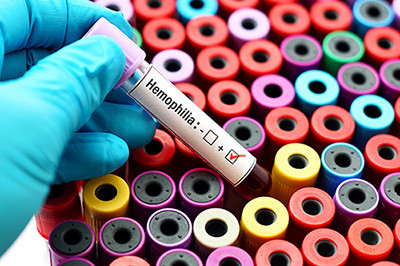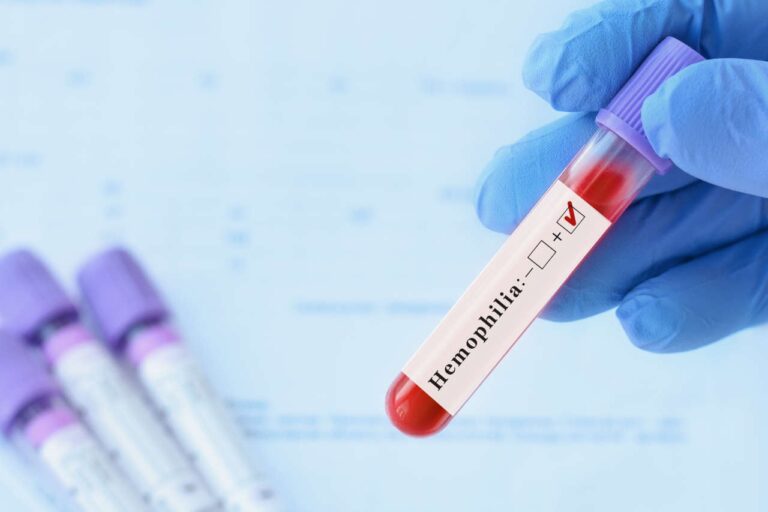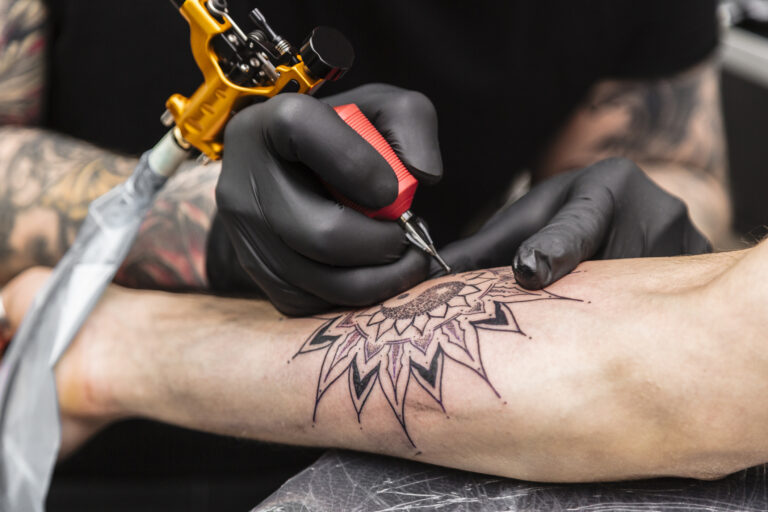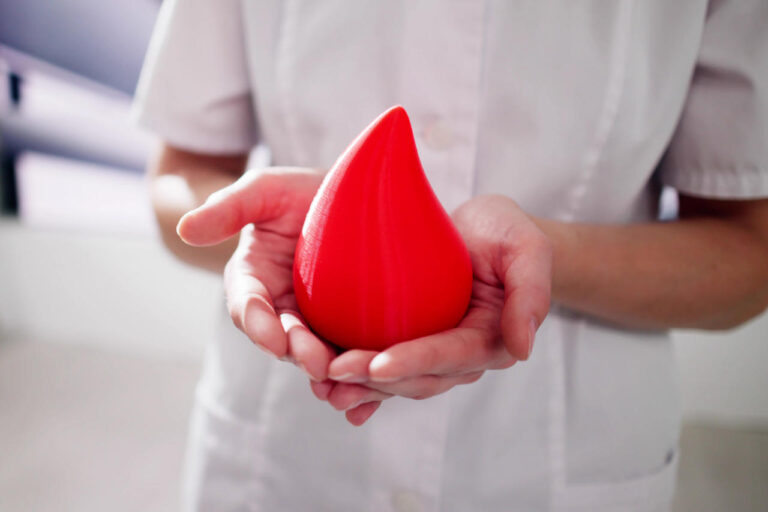
Clotting is necessary to stop bleeding and is essential in healing wounds. However, those with hemophilia are not able to produce the necessary levels of certain clotting factors, and therefore, experience health consequences.
Hemophilia is a rare genetic disorder where a person’s blood has difficulty clotting, resulting in pain and severe health issues.
Makakatulong ba ang IVIG?
Free IVIG Treatment Info | Difficulty In Diagnosing?Types of Hemophilia
According to the Center for Disease Control, the two most common forms of this disease are:
- Hemophilia A (classic hemophilia) where a person has insufficient levels of clotting factor VIII (8)
- Hemophilia B (Christmas disease) caused by low levels of clotting factor IX (9).
The latter is less common, but both conditions have the same symptoms.
What Are the Symptoms?
Hemophilia symptoms depend on the severity of the disease.
Mild Symptoms
Those with mild hemophilia may experience longer than normal bleeding times after surgery or cuts.
Moderate Symptoms
People with moderate hemophilia occasionally experience bleeding after surgery or after an injury. Very rarely, they will experience spontaneous bleeding.
Severe Symptoms
Someone with severe hemophilia often experiences internal bleeding, primarily in the joints and muscles, causing swelling, bruising and severe pain. Those with hemophilia may also experience frequent nosebleeds and may find blood in their urine.
Who’s at Risk and How To Get Tested
Hemophilia is caused by a defective gene and is typically passed down at birth. Hemophilia is more common in men, while women who have a family history of the disease are often carriers of the gene defect.
If you have a history of hemophilia in your family, including women who are carriers of the gene, it is important to get tested. Hemophilia is diagnosed by examining the clotting factor levels in blood samples.
Hemophilia Treatment Options
Upon being diagnosed with hemophilia, a patient should seek treatment right away. Those with mild hemophilia may only require on-demand treatment to inject missing clotting factors to stop active bleeding. Those with moderate to severe hemophilia usually receive prophylactic treatment, which involves regularly injecting the necessary clotting factor into their system. This preventative treatment can help minimize the occurrence of spontaneous bleeding.
Kumuha ng IVIG Copay Assistance
Your IVIG Treatment Info | Get IVIG Prior AuthorizationPainkillers
Painkillers may also be necessary to reduce pain from symptoms associated with hemophilia. However, instead of medications like aspirin, patients should take pain medications that do not affect blood coagulation.
Rejecting Treatment
Of people diagnosed with hemophilia, 15% – 20% develop inhibitors, which is an immune response that prevents clotting factors from being productive. The body is unable to recognize the supplemental clotting factors and begins rejecting the treatment. When this occurs, patients need alternative treatment solutions, which can be very costly.
In recent years, treatment for hemophilia has become much more effective, allowing those with the disease to live normal, healthy, and productive lives. The key is to seek treatment and work with specialists early on to manage the symptoms and receive proper care. Ask your doctor about working with AmeriPharma® Specialty Care to help treat hemophilia. Our pharmacists are available 24/7/365 to answer all your questions.














